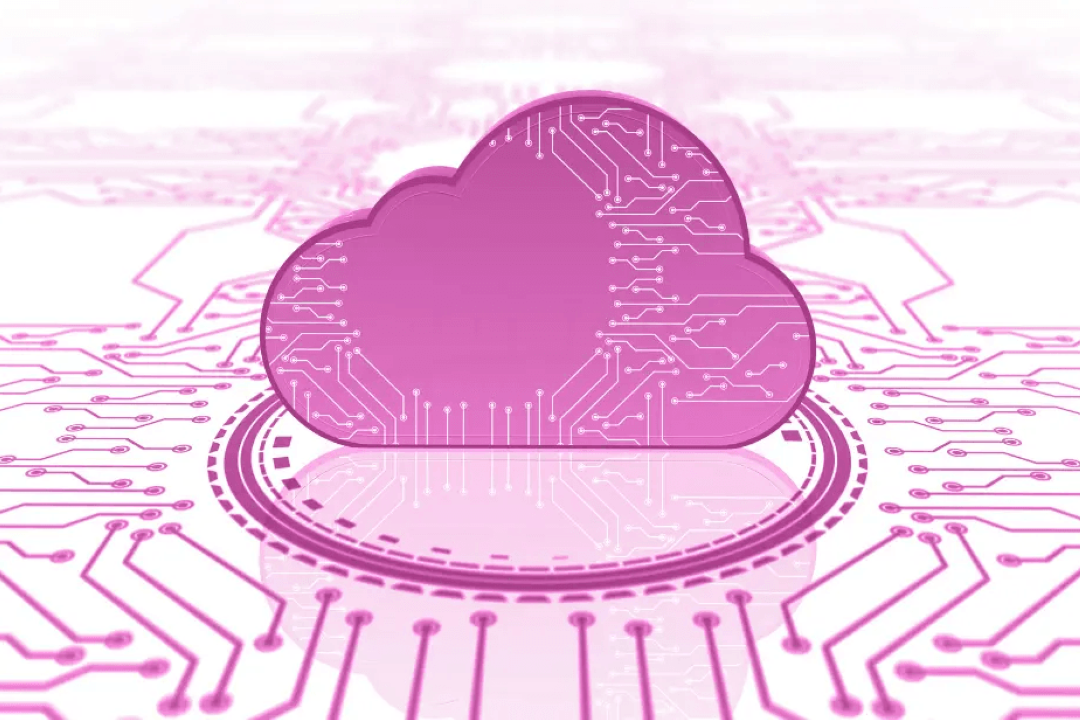Essentials of Cloud Computing
Mastering Cloud Computing Essentials
Essentials of Cloud Computing
Cloud computing allows businesses and individuals to access and use a network of remote servers hosted on the internet to store, manage, and process data rather than relying on a local server or personal computer. This technology offers scalability, flexibility, cost-efficiency, and access to powerful resources and services on-demand, enabling organizations to easily expand their capabilities, innovate, and adapt to changing needs without the need for significant upfront investments in infrastructure. It also promotes collaboration, mobility, and remote work, making it an essential tool for modern businesses looking to streamline operations and improve efficiency.
To Download Our Brochure: https://www.justacademy.co/download-brochure-for-free
Message us for more information: +91 9987184296
1 - Cloud computing basics: Introduce students to the fundamental concepts of cloud computing, such as the delivery of computing services over the internet, on a pay as you go basis.
2) Types of cloud services: Explain the three main types of cloud services Infrastructure as a Service (IaaS), Platform as a Service (PaaS), and Software as a Service (SaaS).
3) Benefits of cloud computing: Highlight the advantages of cloud computing, including cost efficiency, scalability, flexibility, and accessibility from any location.
4) Cloud deployment models: Describe the various cloud deployment models, such as public cloud, private cloud, hybrid cloud, and community cloud, and their respective use cases.
5) Security in cloud computing: Emphasize the importance of security measures in cloud computing, including data encryption, access control, and compliance regulations.
6) Cloud storage and backup: Discuss the concept of cloud storage and backup, and the benefits of using cloud based storage solutions for data protection and disaster recovery.
7) Cloud computing platforms: Introduce popular cloud computing platforms like Amazon Web Services (AWS), Microsoft Azure, and Google Cloud Platform, and their key features.
8) Cloud migration strategies: Explain the process of migrating on premises IT infrastructure to the cloud, including planning, execution, and post migration optimization.
9) Performance monitoring in the cloud: Teach students how to monitor the performance of cloud based applications and services to ensure optimal functionality and user experience.
10) Containerization and microservices: Introduce the concepts of containerization and microservices architecture, and how they enhance the scalability and agility of cloud native applications.
11) Serverless computing: Explain the concept of serverless computing and its benefits in terms of cost effectiveness, scalability, and reduced operational overhead.
12) DevOps practices in the cloud: Discuss how DevOps practices can be applied in cloud environments to streamline software development, deployment, and operations processes.
13) Cloud management tools: Introduce students to popular cloud management tools and platforms that help automate provisioning, monitoring, and management tasks in the cloud.
14) Data analytics in the cloud: Explain how cloud computing enables organizations to leverage big data analytics tools and technologies to derive insights and make data driven decisions.
15) Real world case studies: Provide real world examples of organizations that have successfully implemented cloud computing solutions to achieve business goals and drive innovation. Analyze these case studies to extract key learnings and best practices for students to apply in their own projects and career paths.
Browse our course links : https://www.justacademy.co/all-courses
To Join our FREE DEMO Session: Click Here
Contact Us for more info:
Full Stack Java Developer Interview Questions
Sap Abap On Hana Interview Questions
Performance Testing Certification Course
Aws Interview Questions For Experienced Professionals
Software Testing Course Fees And Duration











